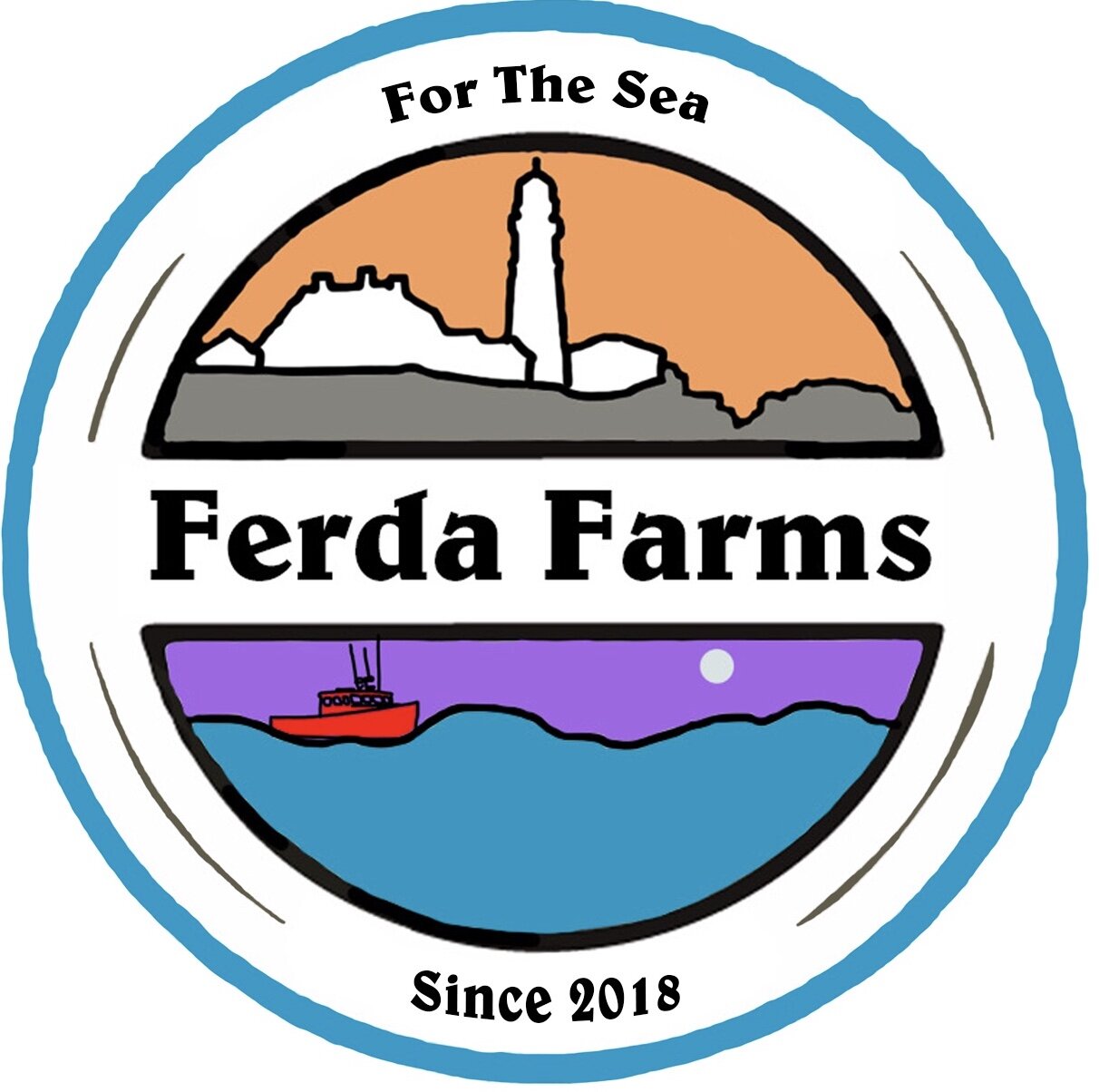
Our Impact
Academia
We are partnering with the Brunswick High School and School of Marine Sciences at the University of Maine. UMaine is conducting a study on our farm comparing growth rates of individual oysters. Few studies of this nature on oyster growth have been done in the New Meadows River. Most of the state’s studies have been done in the Damariscotta River and we hope to broaden the industry’s understanding of how oysters grow to benefit the other farmers.
Thanks to the Aquaculture Pioneers program of the Maine Career Catalyst organization, we were able to hire two farmhands for the summer 2022 season to help with husbandry and harvesting. We care about getting young people interested in aquaculture and feel lucky to be able to provide that opportunity through our oyster farm. It matters to us that we give back to the local community that fostered our love for working on the water and encourage others to follow the same path.
Environment
Shellfish farming is far more sustainable than most land-based farming methods. Shellfish feed themselves, require no watering, fertilizer, pesticide, antibiotics, or hormones, meaning they are 100% organic. Also, they have a positive impact on their environment unlike cattle farming or agriculture that compress and deprive the soil of nutrients.
Adult oysters can filter up to 50 gallons of water per day. Taking excess nitrogen, bacteria, and algal blooms out of the water column, either using them for food or depositing into the ocean sediment. The effect of oysters in an ecosystem will clear up the water of pollutants, allowing the sun’s rays to penetrate deeper down, promoting even more biodiversity. Our oysters also will reproduce, sending hundreds of millions of baby oysters into the water to better the environment even further.
The physical presence of an oyster farm acts as a natural breakwater that can help prevent shoreline erosion. Additionally, just as shipwrecks often act as man-made reefs, promoting a host of biodiversity, oyster farm accomplishes a similar feat. One can find several different species of fish and other organisms around our site.
“Ferda Farms is in the center of the booming oyster industry, while striving to support sustainable aquaculture in style!”
MAINE OYSTER COMPANY

Innovation
Tumbler
Tumblers have been used for years in aquaculture to wash, sort, and shape the shells of oysters. We redesigned the traditional tumbler design to decrease the labor needed to operate and increase efficiency. This tumbler, designed by Max, has been in use for the past three years.
Most tumblers in the industry are either powered by a gas generator or land-based grid power. However, oyster processing at Ferda Farms is 100% solar powered thanks to a solar array designed by Max. This solar array is attached to our work float and powers the tumbler and pumps, making the entire washing and tumbling process sustainable and beneficial to the environment.
Diversification
Two summers ago, we experimented with growing hard shell clams to diversify our crop, and last winter we tried our hand at kelp farming. In the near future, we hope to experiment with farming scallops.
Want to Learn More?
Who We Are
Talk to Us

